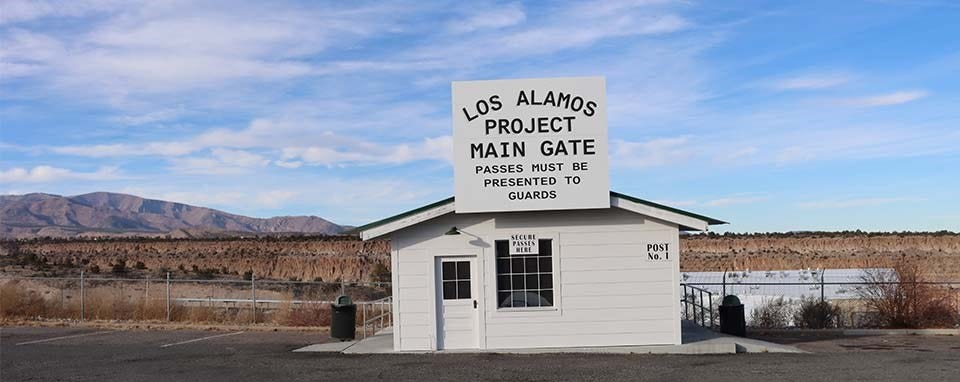What is your community for?
The word community is slapped around a lot. Especially some of the claims in the business world leave a bitter taste in the mouth as they aim to suggest a deeper relation between brands and their customers than really is the case.
Now I don’t like getting into discussions on definitions and semantics, like what a community is and how one use of the word community is right and another is wrong. So I won’t here.
But, if you’re struggling to get your head around what your community is, who should be part of it, or why you’re taking initiative in the form of a community, then it might be helpful to consider the question what your community is for:
🏘️ People in a small town are interested in initiatives that make quality of life in town better
🛠️ Customers might be interested in the craft behind a product, like brewing beer or furniture making
👬 Public policy makers want to know more about how to encouraging citizen initiative
Communities revolve around such questions. There is no direct answer. The question is it. That is what calls people together.
It’s liberating to realise that communities are not uniform groups of people, bound by locality, expertise, age, or experience, etc. And you don’t need to provide this group with answers in order to unite them.
Instead, communities run on diversity of people. It doesn’t matter who responds to the question, or what their background is. If they find themselves united in the question that the community stands for, then that’s it. They will engage with the trail of initiatives that work on the question. The more perspectives, the better.
The question makes the magic of community happen. Pick a good one.


